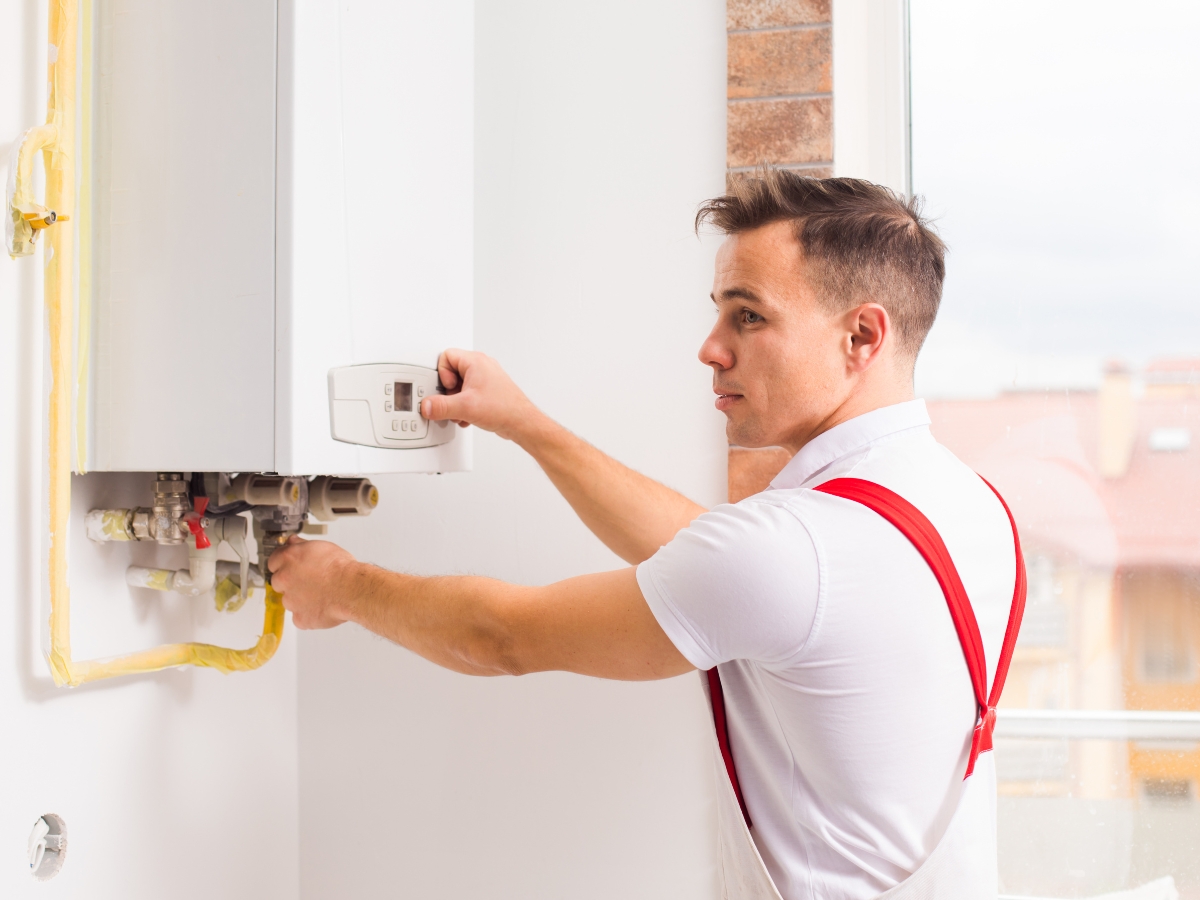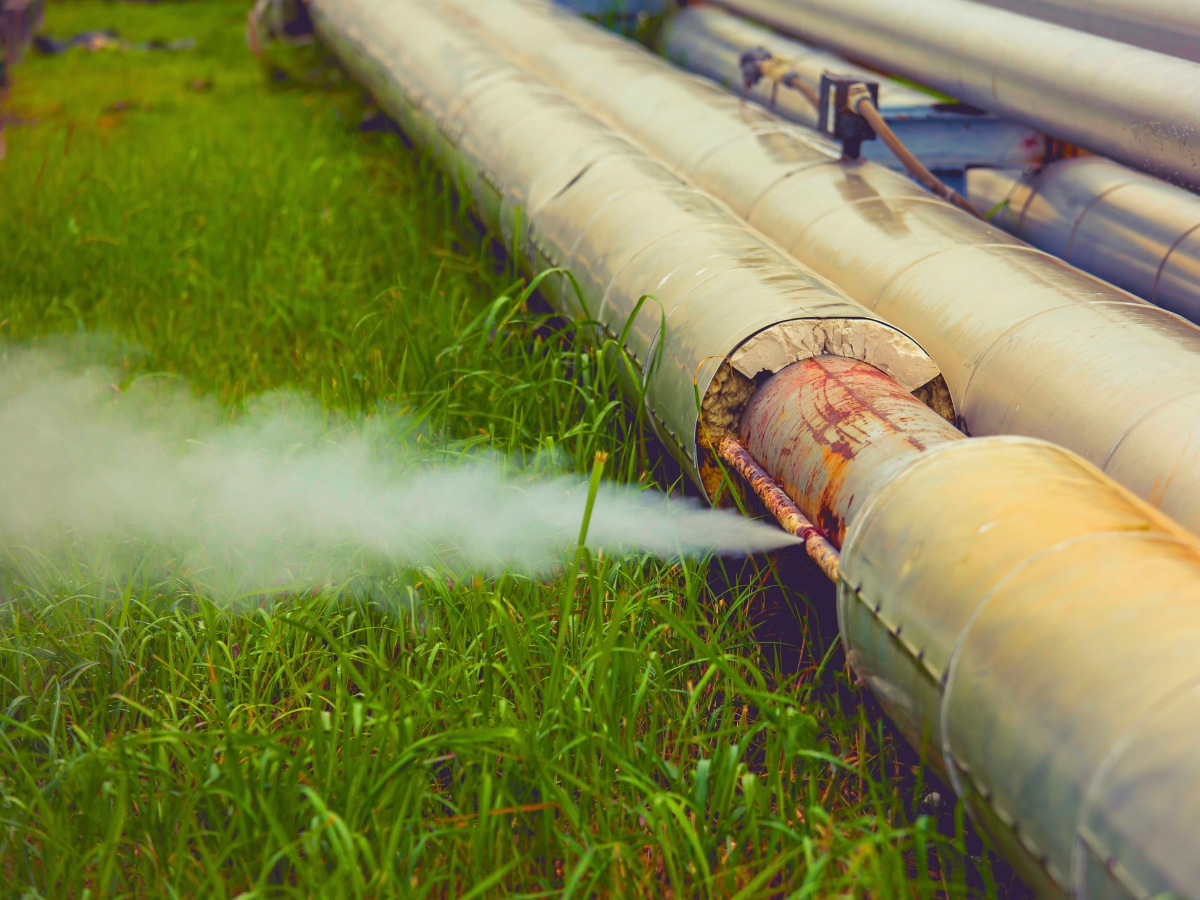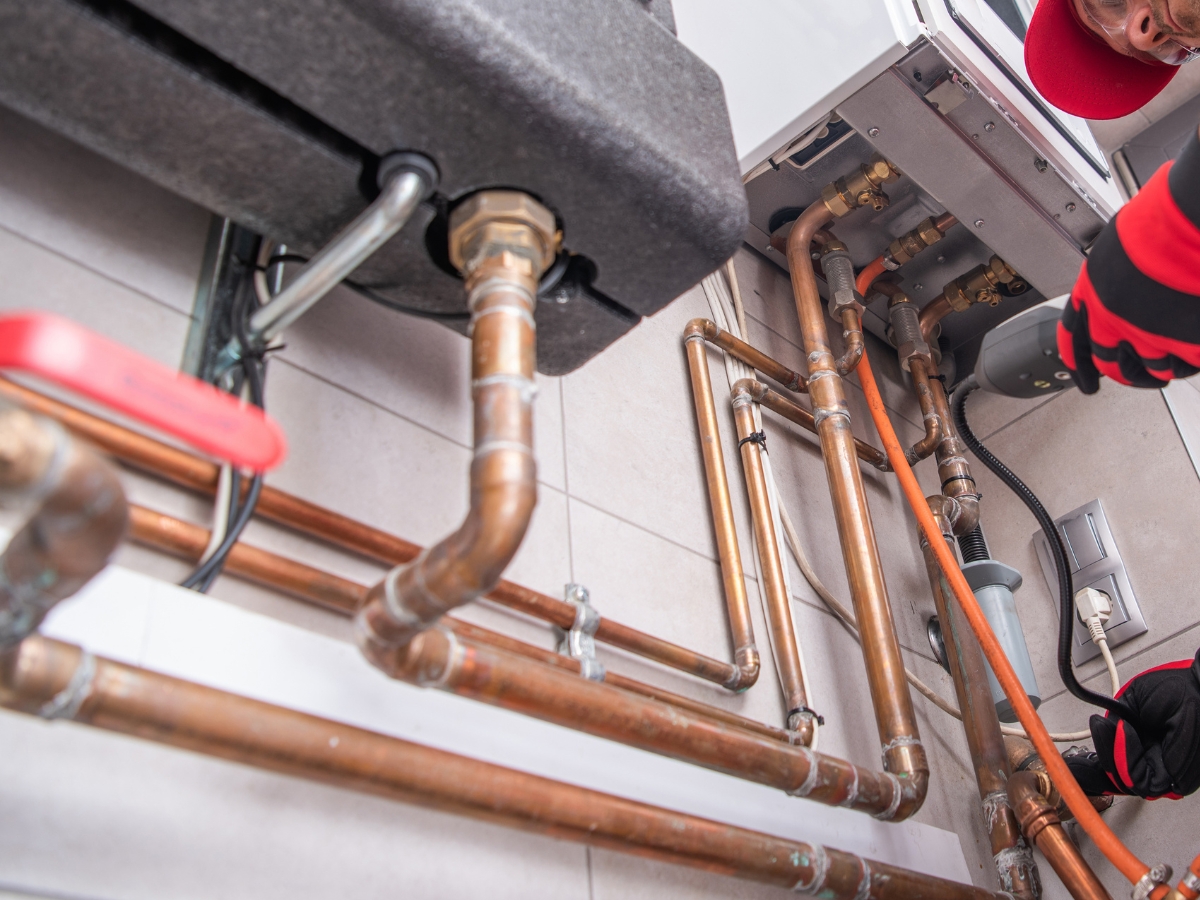Gas Fitting Edmonton: What it costs
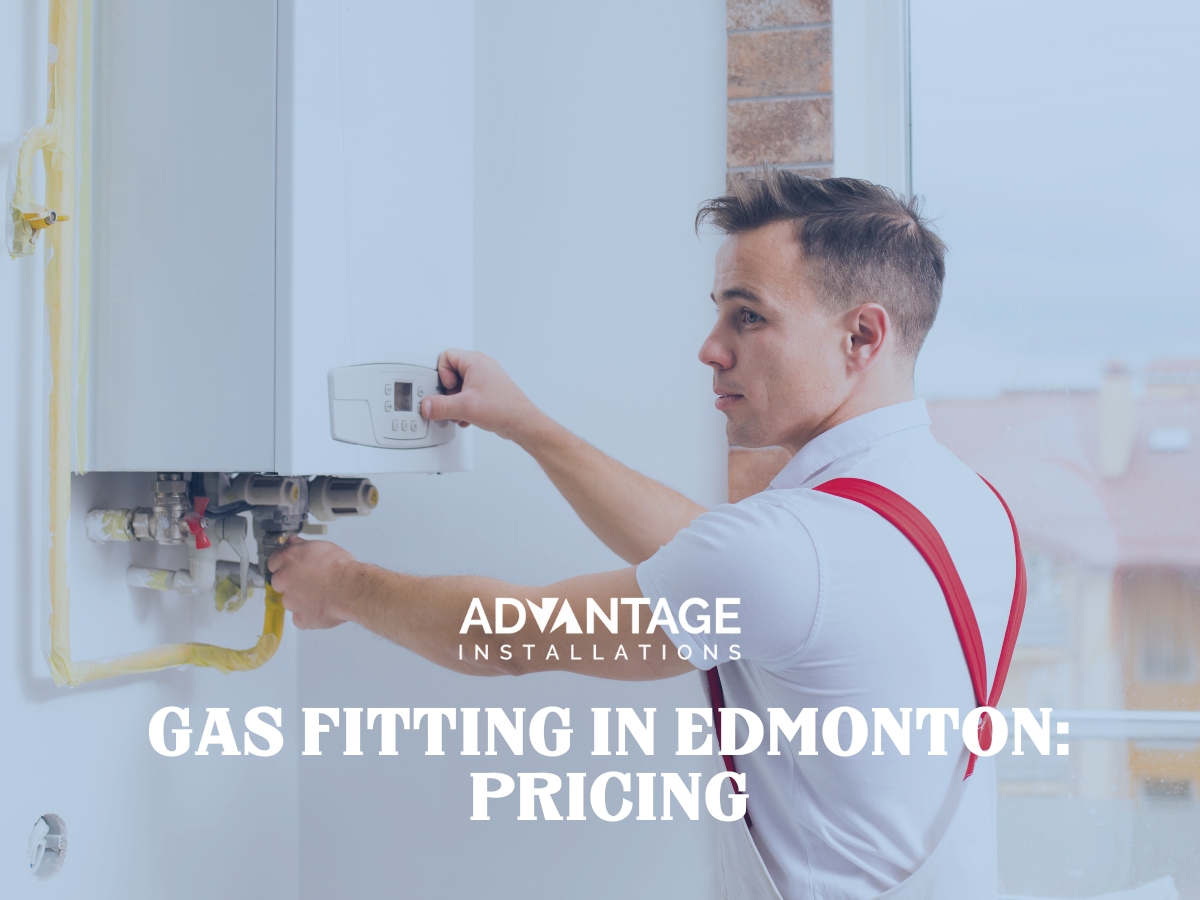 Gas fitting is vital in the day-to-day functioning of residential and commercial properties in Edmonton. A properly fitted and maintained gas system is required for heating your home, cooking purposes and powering appliances like barbecues, etc. The costs of gas fitting services can vary since they are based on several factors. In this article, we will explore the factors affecting gas-appropriate prices and various essential considerations which would be helpful for Edmonton residents and property owners.
Gas fitting is vital in the day-to-day functioning of residential and commercial properties in Edmonton. A properly fitted and maintained gas system is required for heating your home, cooking purposes and powering appliances like barbecues, etc. The costs of gas fitting services can vary since they are based on several factors. In this article, we will explore the factors affecting gas-appropriate prices and various essential considerations which would be helpful for Edmonton residents and property owners.
Types of Gas Fitting Services Available:
Some of the standard services offered by gas fitting agencies in Edmonton, together with their typical costs (approximate and subject to change based on market variations and specific project requirements), are enumerated below:
1. Gas Line Installation:
- For new constructions, gas line installation is designed from the planning stage.
- Factors like the length of piping, material used, etc., influence the pricing. Simple installations may cost approx. $500, but more complicated or longer installations can cost more than $3,000.
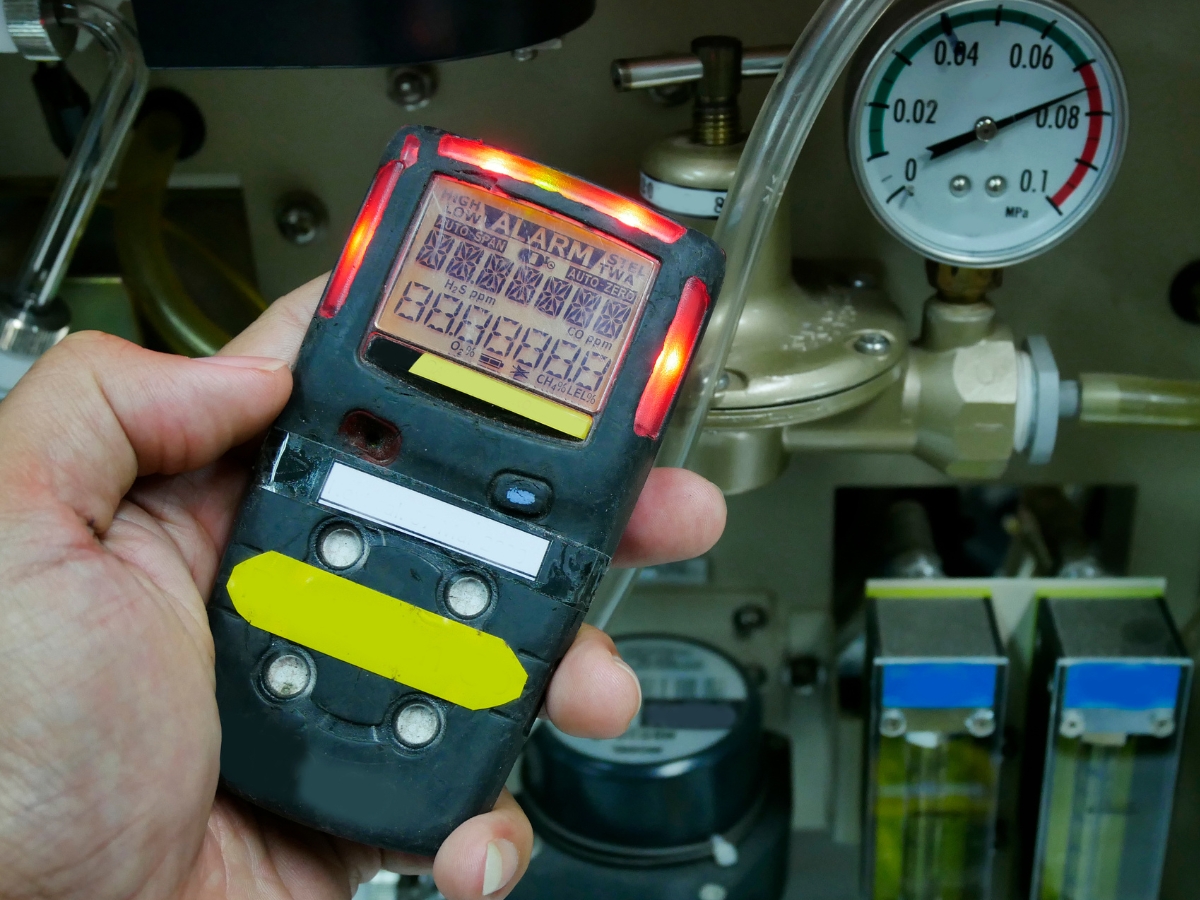
2. Appliance Hookups:
- Professional installation of gas-powered appliances like stoves, water heaters, etc.
- The costs depend on the type of appliance, the distance from the gas source, and the setup’s difficulty. Connecting appliances such as stoves or water heaters would cost $150 to $600 per appliance.
3. Gas Leak Detection and Repair:
- Detecting gas leakage and fixing the issue professionally.
- The costs of detecting and fixing leakage would vary depending on the severity and location of the leak. Simple jobs can cost $150 to $500, but more complicated jobs might exceed $1,000.
4. Maintenance and Inspection:
Routine check-up and maintenance of gas installation in adherence to safety regulations.
The costs are in the range of $100 to $300.
5. Upgrades and Replacements:
- They are replacing outdated gas systems and components conforming to the latest rules & regulations.
Factors Affecting Gas Fittings Costs in Edmonton:
Type and Complexity of Service:
Installing new gas lines, especially in older properties or areas with limited access, tends to be complex and expensive. Considerable planning, digging and routing of the pipeline is involved. But tasks like appliance hookups or minor repairs are more straightforward and less costly. As such, the nature of the gas fitting service significantly affects costs.
Material Costs and Specifications:
Gas lines can be made of different materials. Copper, steel, plastic or flexible piping are commonly used. The material significantly selected impacts the expenses. In addition, the prices would depend on the diameter, the number of turns, the installation location, size and quality of the pipes, connectors and fittings used in the installation/repair.
Permits and Regulations:
Compliance with Edmonton’s building codes and obtaining the necessary permits adds to the overall cost. Fees associated with licenses for gas fitting work must be factored into the budget. However, ensuring compliance is essential for safety and avoiding fines or legal issues.
Accessibility and Labor:
The installation area, as well as the accessibility of the site, affects the costs. The installer must consider whether the gas line will be located through the house, outside the home, underground, etc. Jobs requiring more labour owing to intricate routing of gas lines or projects involving unforeseen challenges during installation will increase expenses.
Hiring Professional Gas Fitters in Edmonton
• Certification and Expertise:
It is always worthwhile to choose certified and experienced gas fitters. Keep in mind that the cheapest option might not always be the best. While certified gas fitters might charge higher rates, you are assured of quality artistry and compliance with safety standards. Their expertise ensures a job well done and reduces the risk of potential issues.
• Comparison of Quotes and Services:
Procure quotes from different gas fitting companies. Do a comparison of the pricing, services and warranties offered. Review the reputation and reliability of potential contractors by checking out reviews and references.
• Licensing and Insurance:
Confirm that the gas fitters possess valid licenses and insurance. Hiring unlicensed or uninsured professionals might be potentially risky. It may incur additional costs if problems arise during or after the project.
Conclusion
The expenses of gas fitting services, from installation to maintenance and repairs, can vary significantly. Understanding the various factors influencing gas fitting costs in Edmonton would be helpful for property owners. This would enable Edmonton residents to make informed decisions about gas fitting expenses. Hiring quality professionals lessens risks, ensures safety, leads to satisfactory outcomes, and gives peace of mind to Edmonton homeowners.
Frequently Asked Questions
Can I install my gas line in Alberta?
Yes, you can install a gas line in Alberta, Canada. However, it’s crucial to adhere to the regulations and guidelines set by the province’s governing bodies. In Alberta, gas line installations typically require proper permits and compliance with safety codes. Hiring a licensed professional is often a prerequisite to ensure the installation meets safety standards and local regulations. Always consult with the appropriate authorities or a qualified expert before installing any gas line.
How much does it cost to tighten gas fittings?
The cost of tightening gas fittings varies. It might be included in a service call fee, typically $50 to $150. For complex jobs or damaged fittings, costs could be higher. Consulting a professional for an accurate estimate is recommended due to safety concerns.
What fittings can be used for gas?
Several fittings are commonly used for gas connections, each designed to ensure a secure and safe connection for gas lines. Some of the fittings suitable for gas applications include:
Flare Fittings: These are metal-to-metal connections suitable for higher pressure systems. They feature a tapered fitting and are often used for flexible gas lines.
Compression Fittings: These fittings work well for softer copper or plastic gas lines. They use compression rings or ferrules to create a tight seal.
NPT (National Pipe Thread) Fittings: These are threaded fittings that create a seal as they are tightened together. They’re commonly used for black iron or steel gas pipes.
CSST (Corrugated Stainless Steel Tubing) Fittings: Specifically designed for flexible gas lines, CSST fittings connect segments of the tubing together.
Quick Disconnect Fittings: These allow for easy disconnection and reconnection of gas appliances. They’re often used for portable appliances like grills or heaters.
Union Fittings: These fittings allow for easy disconnection or repair of gas lines by providing a join that can be unscrewed.


